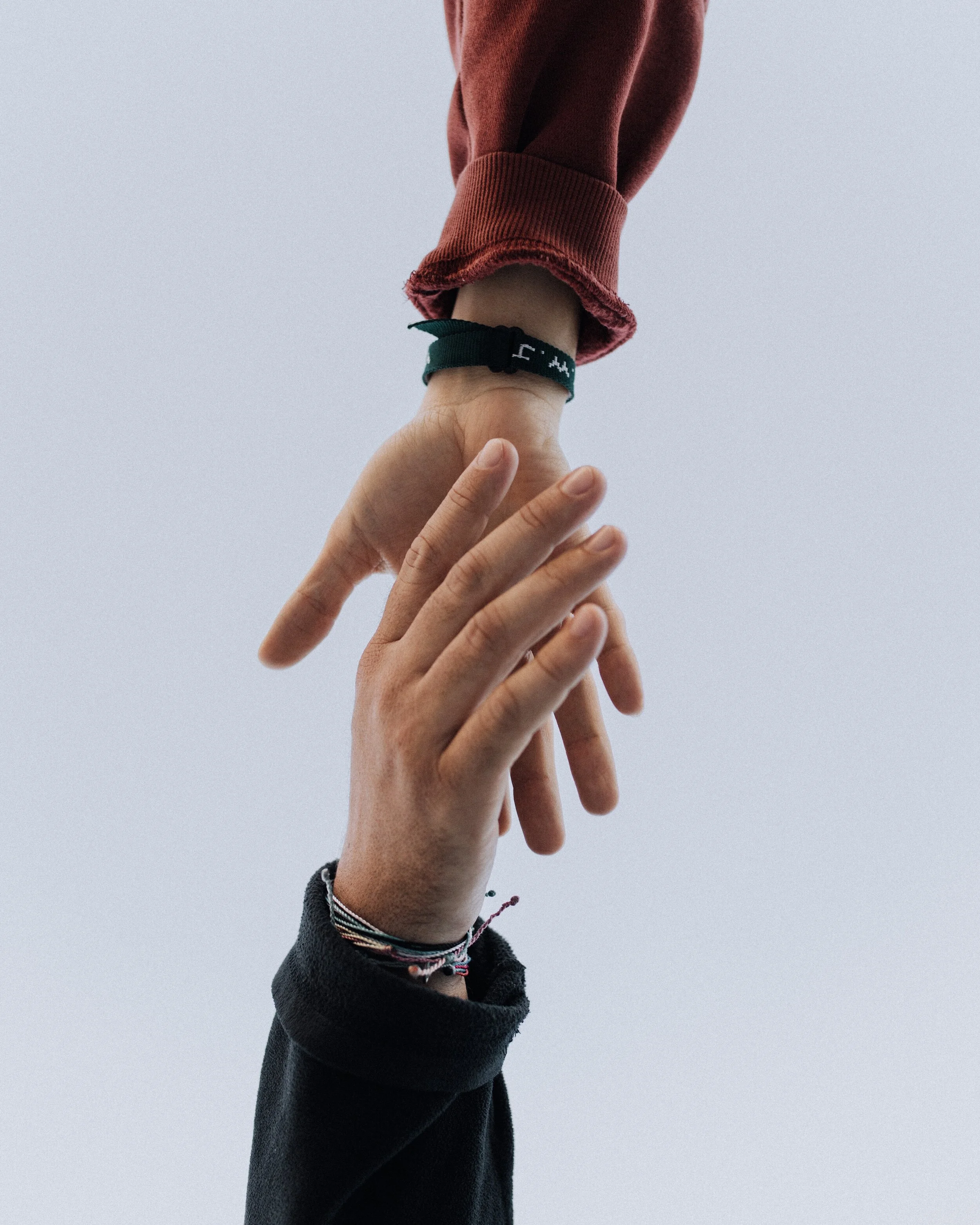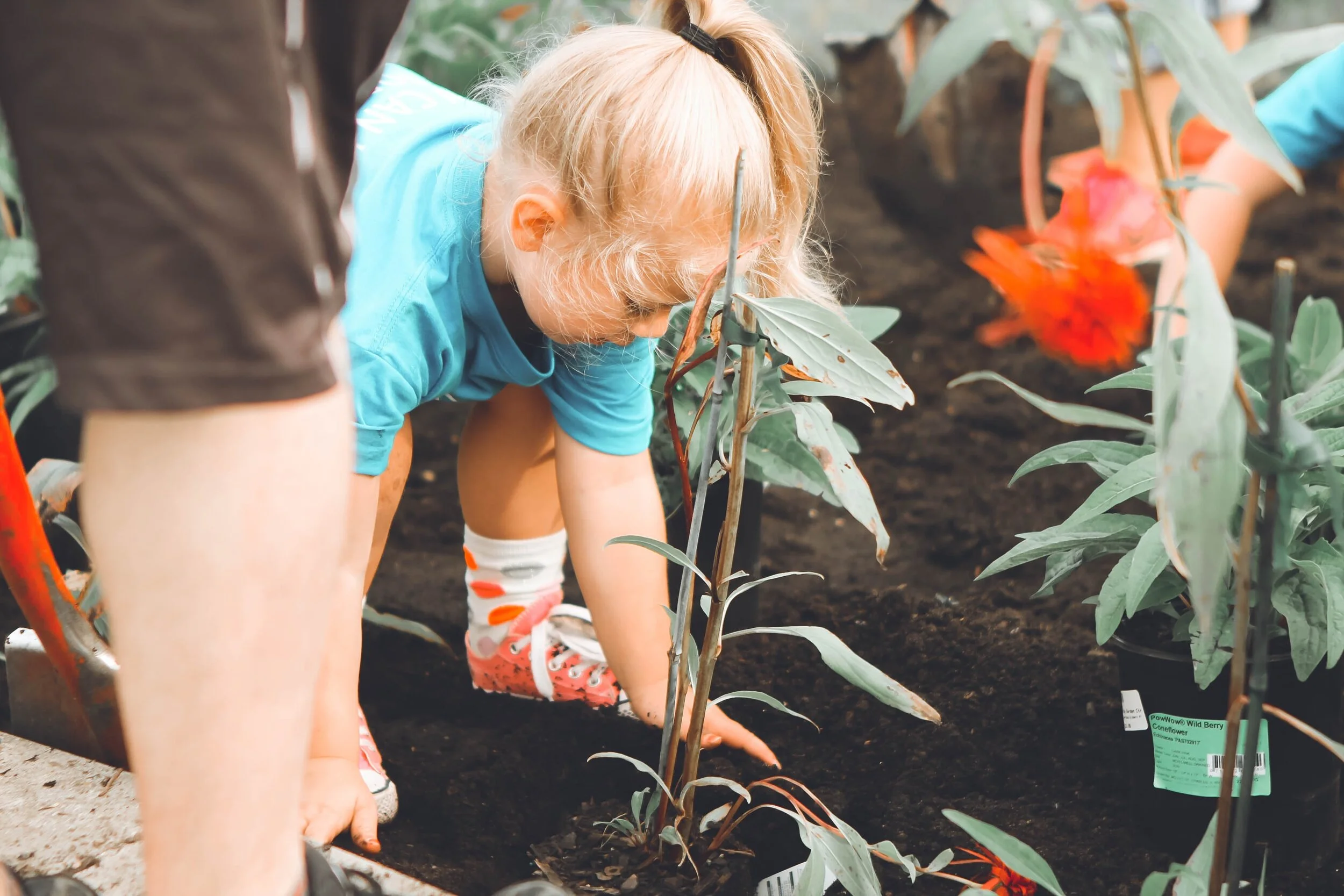The Role of Human Connection in Addiction
A hug, a high-five, shoulder to cry on.
A genuine compliment. An encouraging word.
A warm, inviting smile. The simple feeling of being seen.
They seem like such little things, such ordinary things. They’re certainly things we may take for granted if we’re not careful.
Perhaps some of us are suddenly realizing, as we enter week-god-knows-what of quarantine thanks to the current global pandemic, that we already are taking these things for granted.
Sometimes, you really don’t know what you’ve got ‘til it’s gone.
Human connection, as it turns out, is something we need to survive and thrive in this world. Our health and wellbeing very literally depend on the quality of our relationships.
Now that isolation has become our everyday experience and we’re no longer able to engage in these basic, life-affirming acts of connection, this fact has become all the more obvious.
Or rather, all the harder to ignore.
Because the quality of our interpersonal relationships has been declining for quite some time, and society has long been suffering the consequences.
According to the 2019 World Happiness Report (which focused on happiness and the community), the rise of technology is a major contributor to the erosion of our social connections--and subsequent happiness--in spite of us feeling more “connected” than ever.
And even before 2020, well before work-from-home orders and social distancing rules came into play, we’ve been experiencing what doctors and scientists have termed a ‘loneliness epidemic.’
That’s right, we’ve become so disconnected from one another that loneliness is an outright epidemic.
But what really happens when we are isolated for too long? What happens when we lack community and a sense of belonging? What happens when we don’t know how to cope with our loneliness?
To sum up: it’s not good.
In his TED talk boldly titled: “Everything you think you know about addiction is wrong,” Johann Hari asserts that:
“Human beings have a natural and innate need to bond. And when we’re happy and healthy, we’ll bond and connect with each other. But if you can’t do that, because you’re traumatized or isolated or beaten down by life, you will bond with something that will give you some sense of relief.”
Drugs, alcohol, gambling. Pick your poison.
Don’t believe you’d turn to a substance for comfort under conditions of long-term isolation? It’s seen in prisoners placed in solitary confinement all the time which, ironically, is often used as a punishment for addiction.
In an eye-opening personal essay by Kyle Ruggeri, who spent more than three years in the New York State prison system and more than one full year of that time in solitary confinement, he illuminates the destructive cycle of addiction and isolation that rarely ends well for inmates.
Though Ruggeri’s multiple suicide attempts in prison were thwarted and he has sought treatment since his release (he’s now sober and created an online community for others in recovery), I’m hard-pressed to call him one of the “lucky ones.”
Worth noting is that Ruggeri’s original arrest was for burglary, which he committed while withdrawing from cocaine and heroin use. Each time he was sent to solitary confinement, drug use or possession was the offence. In one particularly horrifying instance, his suicide attempt was the very thing that got 90 days added to his time in solitary confinement, along with the discontinuation of his antidepressant medication.
“I was a drug addict who was put in solitary for using drugs. The jail classified me as a level 2 mental health risk, which is the second to highest out of six levels. I’m in prison for stealing jewelry from someone’s house to get money for drugs. In prison, I get depressed and smoke some weed to escape reality, get caught and they send me to solitary. In solitary, I try to kill myself because I cannot take the pain and hopelessness of being locked in a cell for months on end, and I get caught trying to kill myself. Instead of providing treatment, they add 90 days onto my solitary time. The crazy cycle was going on and on and on. I didn’t know what to do. Never in my life have I felt so hopeless.”
If reading this doesn’t make you squirm, it should.
Why would we punish a lonely person with more loneliness? Why would we remove them even further from the human connections they so desperately need?
Ruggeri goes on to say:
“Over my last two and a half years in prison, I was sent to solitary four times for a total of twelve months and 25 days. All four of those infractions were for nonviolent drug use. Each time I was released from solitary, my drug cravings got worse. This is because each time I went to solitary, I lost a little more of myself.”
Sure, hold people accountable for the actions they take while under the influence of substances, but as we integrate new knowledge on what leads to addiction in the first place, it no longer makes sense to treat addicts in such dehumanizing ways.
People who are mentally unwell require compassion and proper treatment; instead, we turn them into social pariahs and give them labels and stigmas they’re unlikely to overcome in their lifetime.
It’s time for us to realize that addiction and the behaviors that follow, are merely symptoms of a much deeper problem--a problem which we are now feeling on a global scale.
Because here we find ourselves, in the midst of a global pandemic, with millions upon millions of us aching for the closeness of our loved ones, our friends, our peers and our neighbors--and unable to get it.
And unless we’ve learned healthy ways to manage stress, or how to process intense and overwhelming emotions, we might just find ourselves seeking ways to numb out instead.
The silver lining here, should we choose to see it, is that thanks to COVID-19 and the isolation it has suddenly and unexpectedly cast us into, it’s a little bit easier to understand the process a person might go through on their way to drug addiction.
It’s a little bit easier to see the drug-addicted individual as someone who is merely crying out for connection, and not sure how to get it.
It’s a little bit easier to see the drug-addicted person as...a person.
Because after all...
“The opposite of addiction isn’t sobriety, the opposite of addiction is connection”
We don’t claim to have all the answers to such complex issues as addiction and loneliness, but we do hope to set an example for other communities through the work we do here at Boise Vertical Farm.
We understand how difficult it can be for a person to reenter the “real world” following a battle with addiction. The stigma surrounding addiction presents one of the greatest barriers to living a connected, fulfilling life post-recovery.
Society tends to overestimate the appeal of drug use to a former addict and underestimate the power of letting them know someone cares about them and is willing to advocate for them. Things like housing and job opportunities can be especially difficult to procure.
By employing people in active substance abuse recovery, Boise Vertical Farms provides a safe community where individuals can not only find the sense of connection they’ve been missing, but gain valuable skills in life and in business, and rebuild a sense of trust within themselves and as part of a group.
We understand that recovery from addiction creates a positive ripple effect--it starts with the individual, but eventually extends to family members, the local community, and ultimately society at large.
In addiction, as with COVID-19, we’re all in this together.
Our hope is that by the time we come out the other side of this crisis, we’ll be a little quicker to offer up that hug, that high-five, that shoulder to cry on.
Ideally we’ll all be a little more forthcoming with our genuine compliments and our words of encouragement, and share warm smiles more freely.
And with any luck, we’ll be ready and willing to usher in a chapter of human existence that recognizes human connection as the cornerstone of health and happiness that it truly is.
Turns out, those little things we take for granted? They’re not so little after all.


